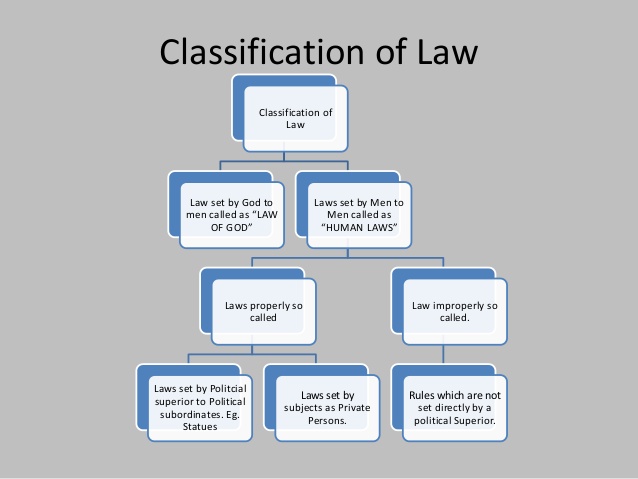HLA HART and Concept of Law

HLA Hart was a British positivist who built his theory taking inputs from the natural law theorists simultaneously analyzing Austin and Kelsen’s theoretical analysis. He authored ‘The Concept of Law’ wherein he stated that certain fundamental principles of justice are required for a legal system. Law being a social phenomenon involves recognition of ‘the characteristics of the human condition.’ According to him: “Where there is law, the human conduct becomes non-optional or obligatory.” There is a need within society for a system of rules designed to protect ‘persons, property and promises’. The idea of obligation is at the core of a Rule. Great social pressures support rules of obligation because they are felt necessary to maintain the society. Thus, the concept of law is equivalent to the legal system. Hart states that there is much in natural law theory that any philosophically defensible theory of law must include. According to Hart, there is a need within the society for a system of rules designed to protect persons, property and promises. For these reasons, habits are to be taken and made to rules that are necessary that are to be made in compliance with societal needs. Criticizing Bentham, Austin and Kelsen, he stated that rules are imperative or prescriptive rather than indicative or descriptive. They have a certain independence or self-legitimating character. Rules are different from commands or norms or pleasure.
Hart believes that there are two different types of rules that comprise the "essence" of law: primary rules and secondary rules:
Primary rules are "duty imposing" rules. They impose certain specific duties upon the citizens of a state to act in a certain manner, or they may be subject to certain legal sanctions. Hart characterizes primary rules as "basic" rules. They tell the citizen what one can and cannot do under the law.'
For instance, laws setting speed limits, laws prohibiting trespassing are examples of primary rules. Primary rules are generally what the ordinary citizen means when he refers to something as "the law." Through rules, the social acceptanc predominates.
The acceptance of primary rules is the result of a bonding by way of kinship/trust/common sentiments/faith and not by authoritative ways. However, there would be defects inherent in a social structure based on primary rules only. It will be uncertain, static and inefficient. (International law).
Secondary Rules are for recognizing and enforcing the primary rules thereby in providing remedy. They are what Hart calls power-conferring rules. They state the manner in which primary rules may be acknowledged, transformed and adjudicated. For example - the power to legislate and private citizens the right to vote. Legislature one must follow the procedure in order to make a legal will. Secondary rules are, as Hart puts it, "rules about primary rules.“
Rules of recognition- (law making/executing/interpreting power)
Rules of change (amendment/review)
Rules of Adjudication (judicial rulings/activism)
When Primary rules impose duties upon the citizen not to violate the particular legal rules at issue, secondary rules confer power upon the lawmaker/adjudicator to officially approve the legal disobedient in a manner in accordance with his or her authorized power.
|
|

 |
© 2024 Sociology Guide.Com |
 |













